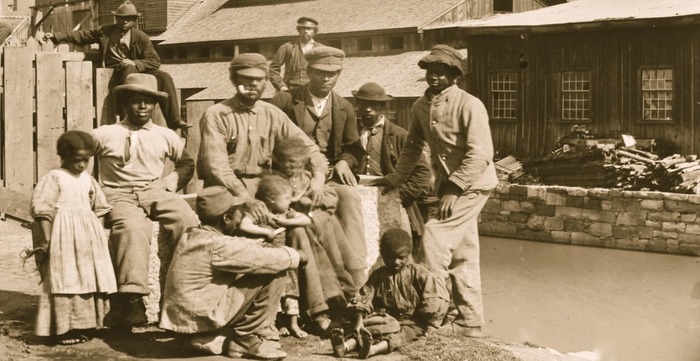Though many attribute the end of slavery to President Abraham Lincoln’s issuance of the Emancipation Proclamation on January 1, 1863, the truth is that not every slave — especially those who lived in the Confederacy — was made entirely free by the decree.
Numerous Confederate loyalists refused to obey Lincoln’s executive order and continued to hold out, even well after General Robert E. Lee surrendered to the Union Army at Appomattox Court in Virginia in April 1865.
According to African American history scholar Henry Louis Gates Jr., slaveowners who had previously lived in Mississippi, Louisiana and other states decided to escape the Union’s reach by moving to Texas. In choosing to do so, they moved nearly 150,000 slaves, many of whom were unaware of Lincoln’s order. A number of slave masters, who had been aware of the proclamation, purposely chose to delay the news in an effort to maintain control, while others — including the Confederate mayor of Galveston — defied Lincoln’s proclamation by forcing free slaves back to work.
As Gates notes, the few slaves who eventually learned of their freedom acted on it at their own risks. Many were reportedly shot during their attempt to cross the Sabine River, which runs through Texas and Louisiana. It wasn’t until June 19 — two-and-a-half years after the Emancipation Proclamation — that General Gordon Granger, along with an army strong enough to combat the resistance, arrived to announce General Orders No. 3: “The people of Texas are informed that, in accordance with a proclamation from the Executive of the United States, all slaves are free.” Thus, the last of America’s slaves — all 250,000 of them in Texas — were finally free.
One year later, in 1866, the free Black men and women in the Lone Star State came together and, as Gates points out, “transformed June 19 from a day of unheeded military orders into their own annual rite.” Since then, this celebration, which features gatherings, prayer services, reflection and more, has become known as Juneteenth — a holiday recognized by nearly all of the country’s 50 states and the oldest national celebration commemorating the end of slavery. It still has yet to be recognized as a federal holiday.

